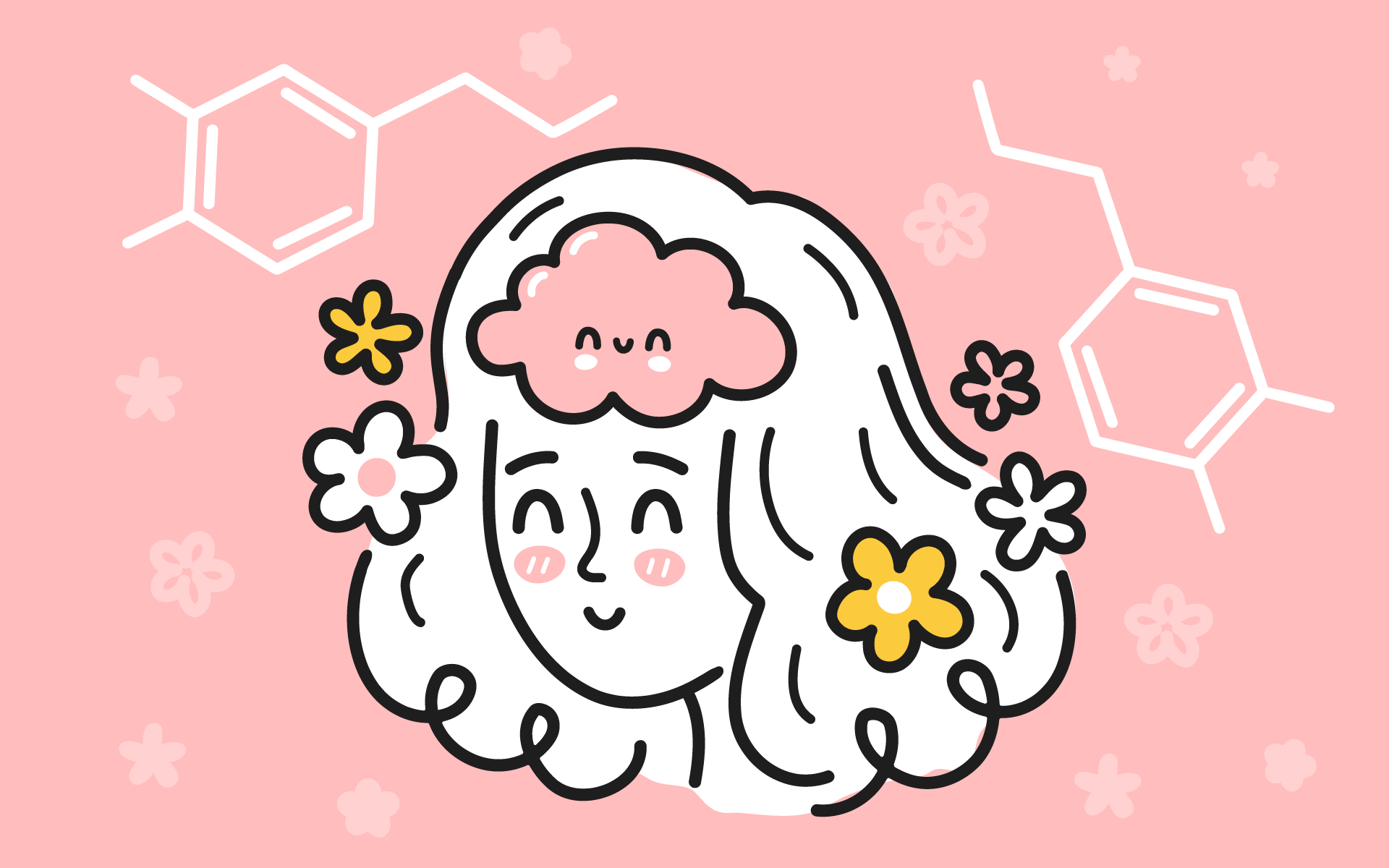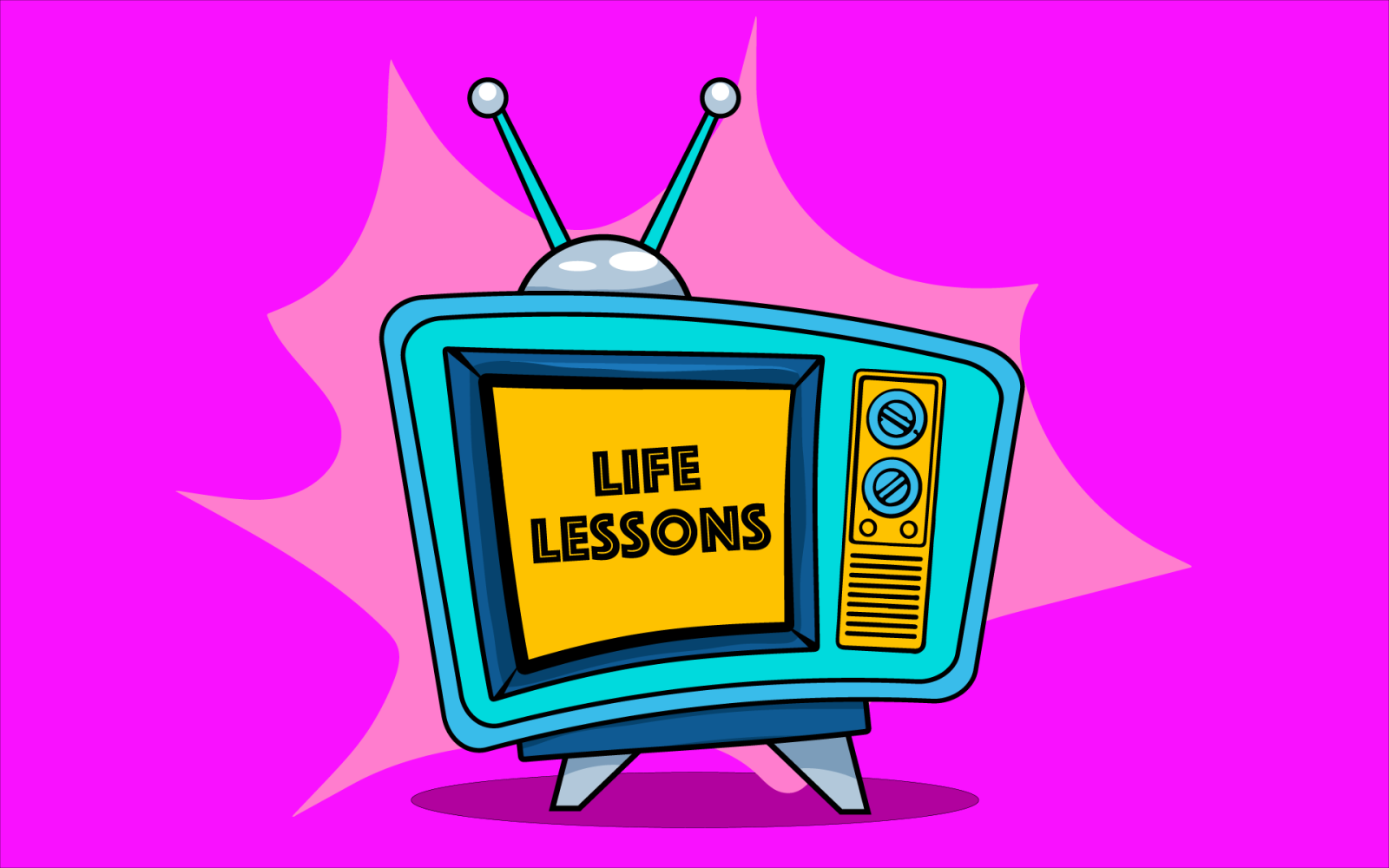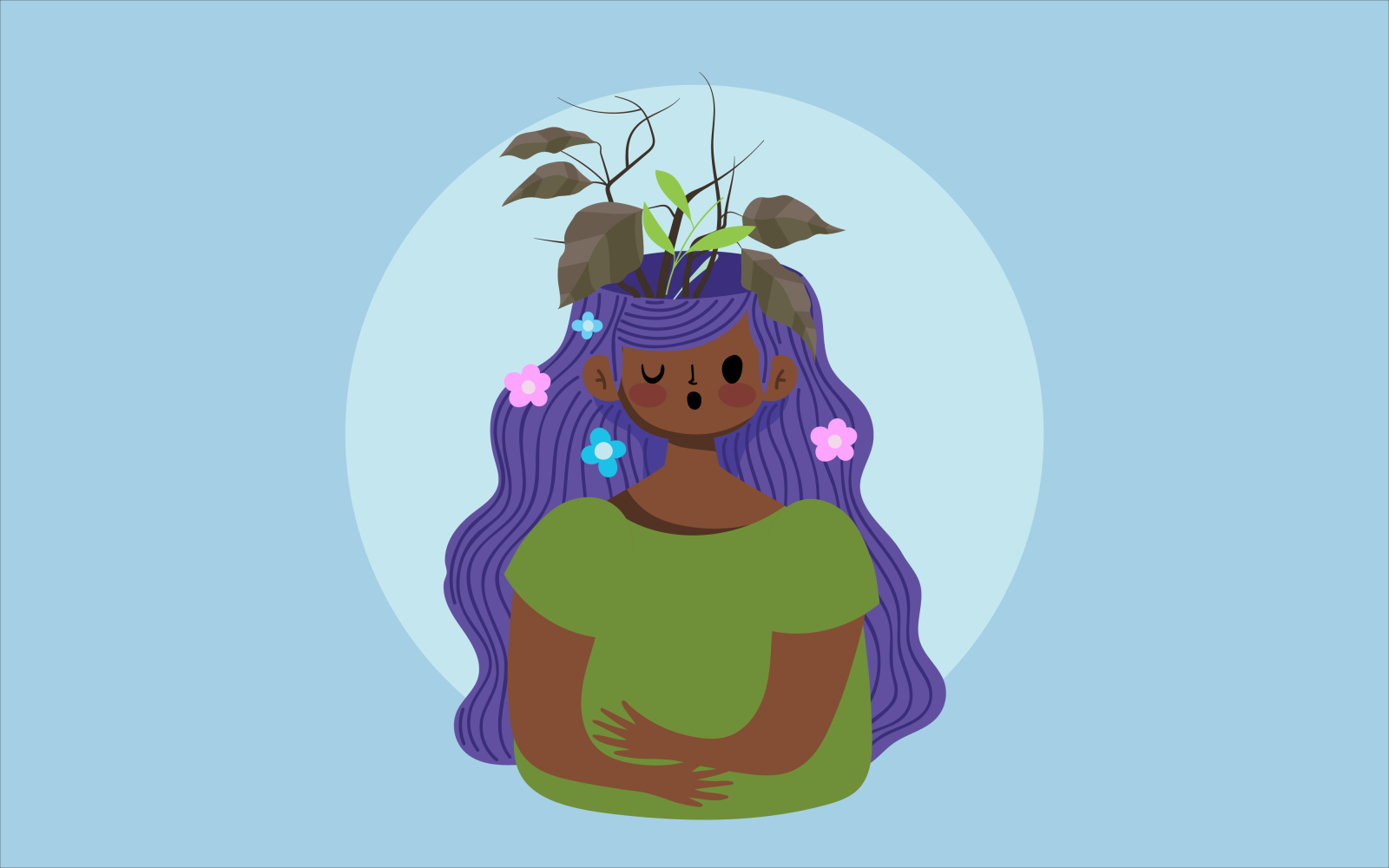Choose joy! Why being happy is the ultimate act of rebellion

Never mind the silver lining, why not look for the gold?
It’s something I’ve often wondered: why are positive things less “sticky” than negative ones?
As a chronic depressive, I get my problem.
I ruminate and catastrophise. I think in circles around all the worst “what ifs” and often wish my thoughts had a volume button.
But even the mindless release of social media has turned into a negativity vortex – hey, they call it doomscrolling for a reason.
We’ve become so accustomed to the steady drip of catastrophe that we’ve forgotten something crucial: the paths we walk on are the paths we beat into the earth.
I’m not just talking about literal trails through the woods. I’m talking about the neural pathways we carve in our minds with every thought.
Maybe the world won’t end. Maybe we will find the silver lining around the cloud of Terrible, Very Bad, Things happening everywhere.
But why settle for silver? Why not gold?
The science of chosen pathways
Here’s what I know to be true, backed by neuroscience. Being negative makes you more negative, and more unhappy, while positive thinking rewires your brain for happiness.
Your neurons reshape themselves based on the thoughts you repeatedly choose to think.
I’ve been desperately trying to explain this to my 6-year-old daughter, who seems hardwired for dissatisfaction.
Give her a strawberry? She wants a bigger one. Give treats to all my kids? Guaranteed she won’t want what she got.
Her first response to nearly everything is critical, and as her mom, it’s exhausting.
But here’s what I keep telling her: while her feelings are completely valid, she can choose what to do with them.
She can choose to focus on what’s missing, or she can choose to focus on what’s there.
When I tell my daughter that the paths we walk are the paths we create, I’m teaching her that her mind is not a passive victim of circumstance.
Every time she chooses to look for what’s working instead of what’s broken, every time she asks “what can I learn?” instead of “why me?”, she’s carving new neural pathways.
She’s building the mental muscles she’ll use for the rest of her life.
The 5:1 Revolution
Research on successful marriages reveals something profound: the magic ratio is 5:1.
For every negative interaction during conflict, stable and happy relationships have five or more positive ones.
This isn’t about toxic positivity or pretending problems don’t exist. It’s about consciously tipping the scales toward connection rather than criticism.
But this ratio doesn’t just apply to marriages. It applies to everything.
What if we applied the 5:1 rule to our news consumption? Our internal dialogue? Our conversations with our children?
What if, for every piece of devastating news we absorb, we sought out five pieces of evidence that humans are also capable of extraordinary goodness?
Being optimistic is hard work
This all reminds me of a ridiculous 60-second skit I forwarded to my black-hearted, black coffee-drinking husband.
Comedian Stanzi Potenza talks about the forbidden allure of life’s little pleasures, in a punchy TikTok called “Let me have this one thing”.
She says, “So I’m going to enjoy my sweet little treat while I can.” (She’s talking about pumpkin spice lattes).
In the context of Gaza, global warming, rising depression rates, and a naartjie for an international president, it feels bold to be optimistic and find joy in life.
And Stanzi’s right. There’s something brave about choosing life’s little pleasures, in sharing the small joys and the happy moments and in teaching your children to do the same.
And as with everything, I don’t mean performative toxic positivity (which grates my gears), I mean radical optimism.
Being a radical optimist is empowering. It means searching for the gold lining (not just silver), finding the rainbow in the storm, and knowing that you can make happiness “sticky.”
It means training your brain the same way you’d train your body, with intention, repetition, and the understanding that strength comes from practice, not perfection.
Every time we choose hope over despair, gratitude over grievance, curiosity over criticism, we’re not just improving our own lives.
We’re beating new paths into the earth for everyone who walks behind us.
Viva la revolución!




